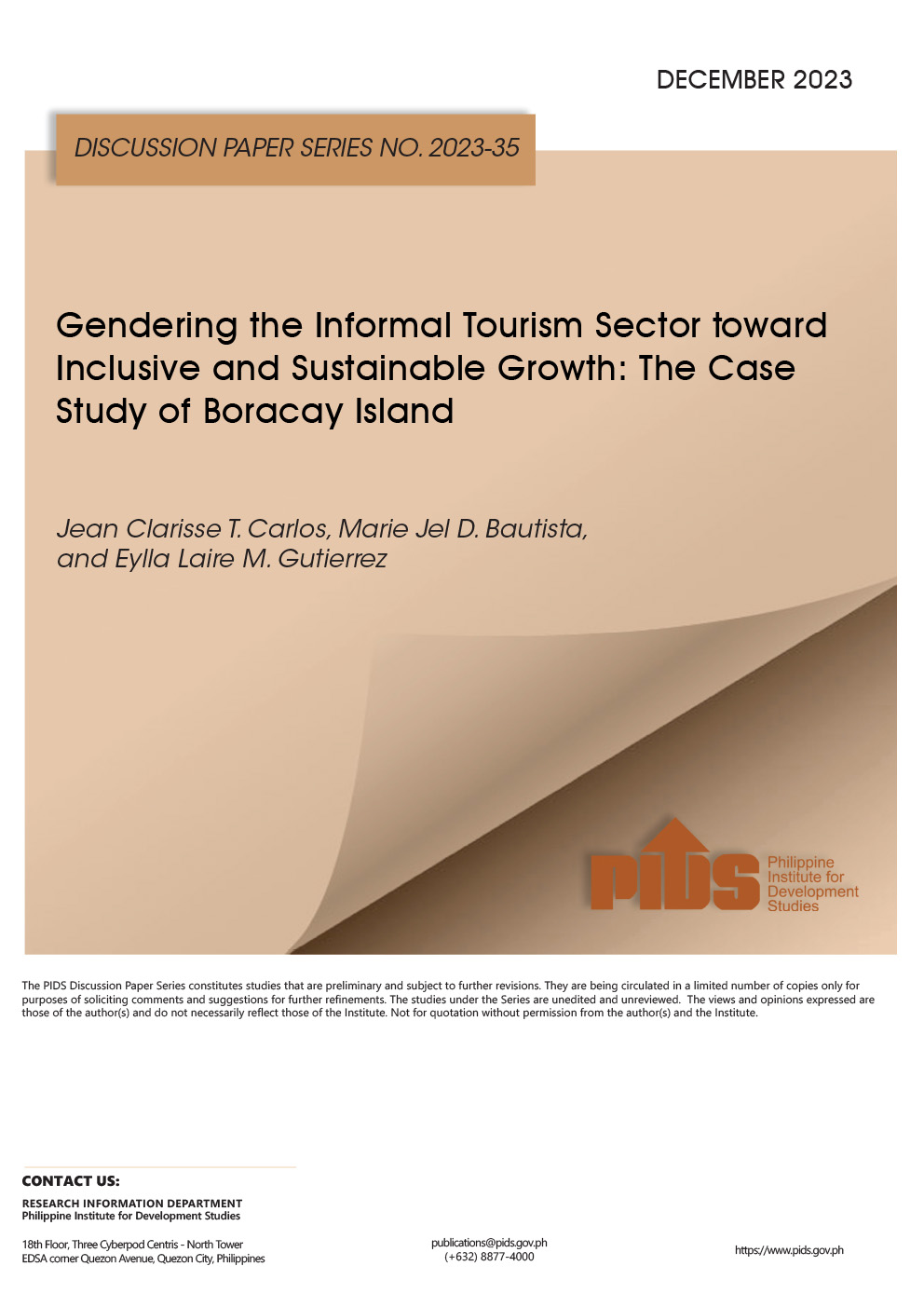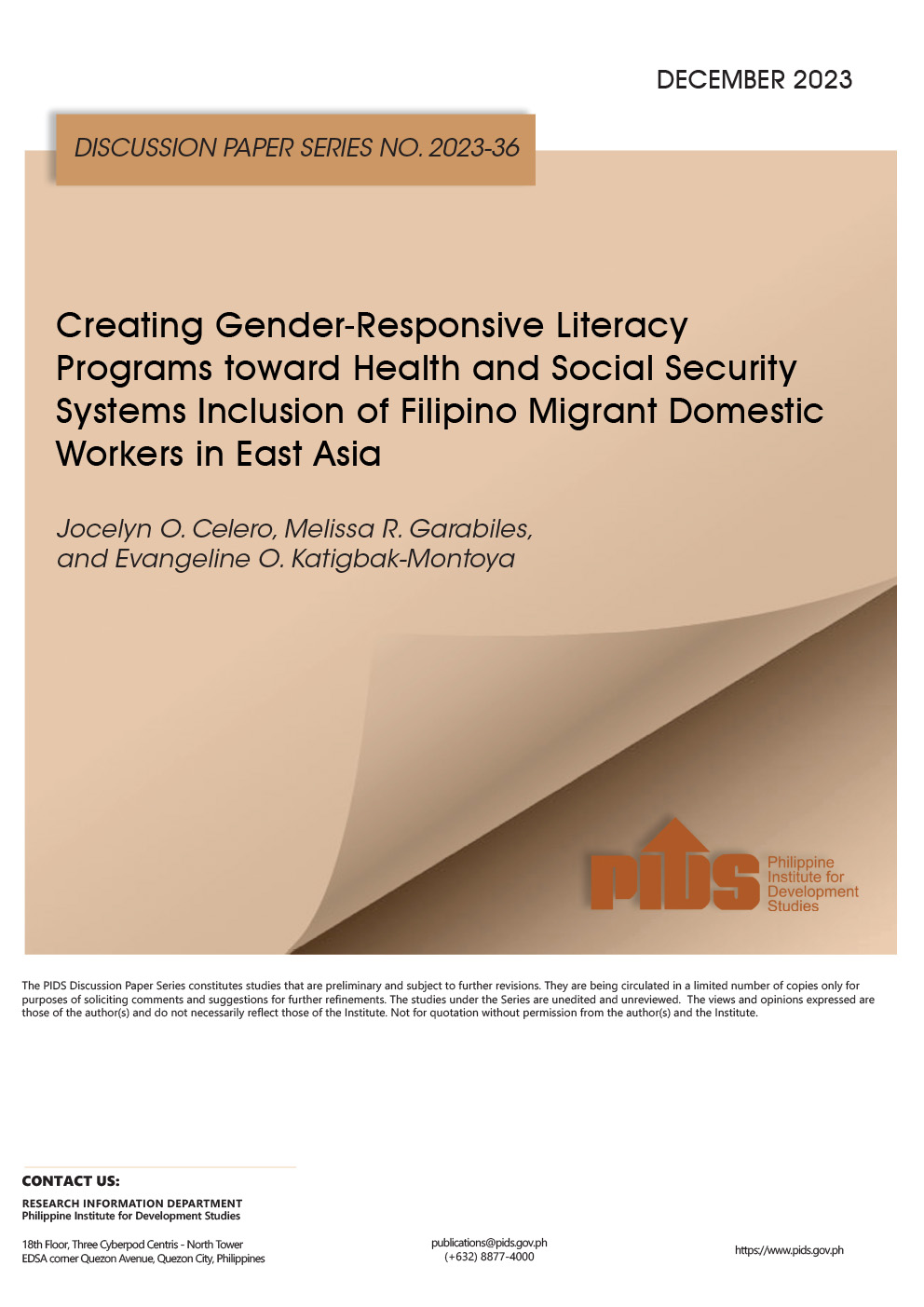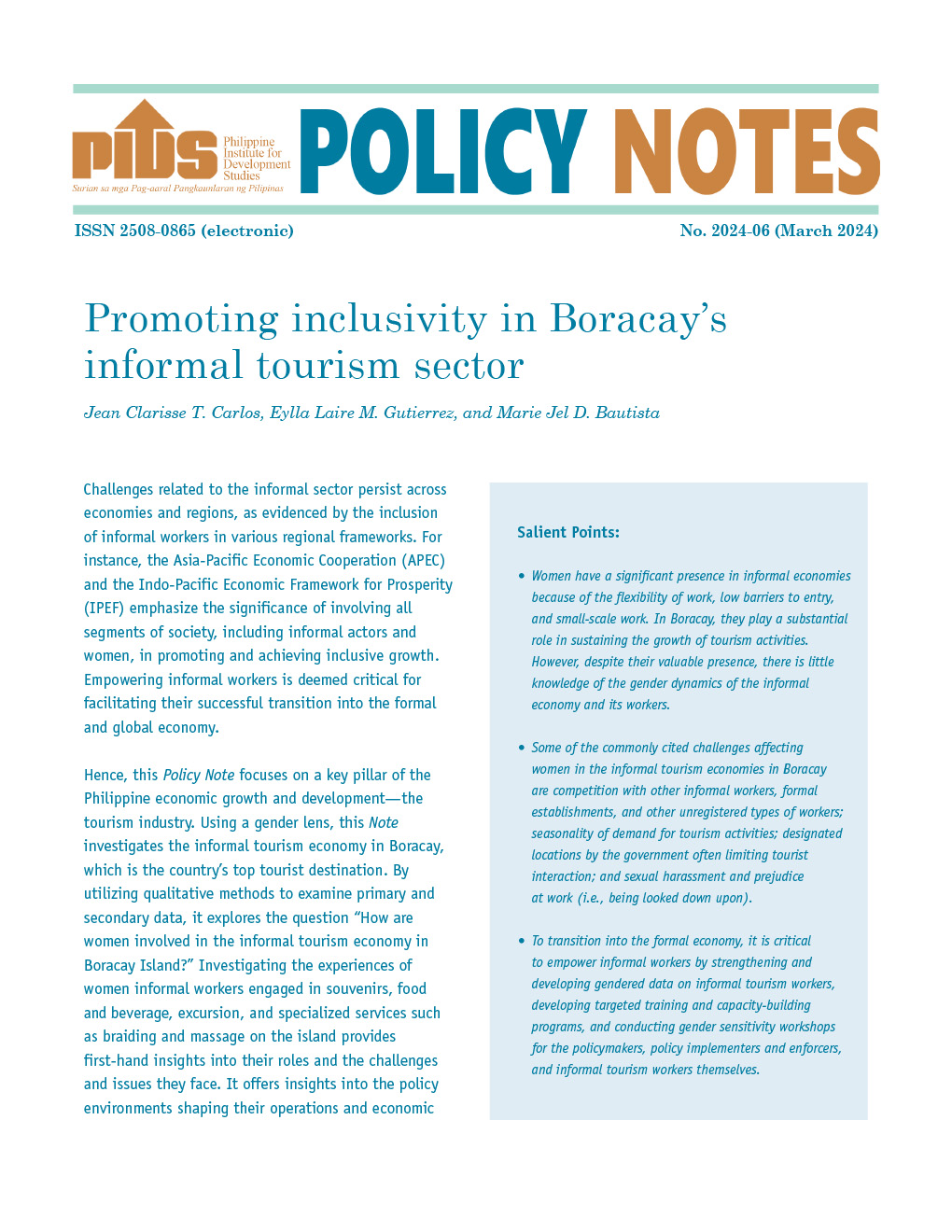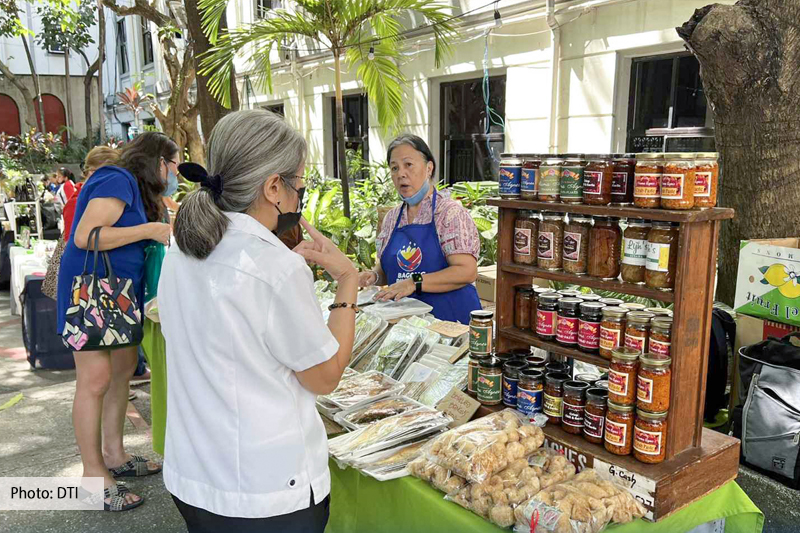Sen. Joel "TESDAMAN" Villanueva said on International Women's Day (March 8) that Filipino women should be the driving force of the country's growth as the Philippine economy is starting to open up.
"We still have the lowest labor participation rate for women in the ASEAN region. Let's break the bias against our working women. We need to create a new normal of equity and equality for Filipino women, particularly in the workforce," Villanueva said.
Citing recent reports, the chair of the Senate Committee on Labor, Employment, and Human Resource Development noted that out of the 37.92 million women of working age, 54% or 20.49 million participate in the labor force as of December 2021. These women represent 41% of the total Filipino workforce. This is in stark contrast with men, with 76.1% labor force participation rate, or 29.06 million out of the 38.20 million of working age.
"While there has been an improvement in the labor force participation of women at 46.9% from January 2021, our employment recovery strategy should have particular concern for employment of women. The experience of Filipino women during the pandemic is definitely unique, and should inform our labor policy," he said.
Women's labor participation has been hindered by sociocultural expectations to shoulder more housework and family care than men, which was further exacerbated by the pandemic. Housework, according to research from the Philippine Institute for Development Studies in 2019, affects the "full economic contribution of both women and men in the country."
Villanueva said that the country now has more ways to empower women in the workforce and promote equality in job opportunity and security.
The senator cites Republic Act 11165 or the Telecommuting Act, which allows alternative working arrangements with employers, enabling both men and women to continue working from home, and ensuring their continuous active participation in the labor force.
"Kakaiba ang trabaho ng babae sa bahay, at lalo itong nag-iba dahil sa pandemya. Working from home has never been a foreign concept for women, and now we are able to make this easier for everyone," he said. Villanueva is the sponsor and author of the Telecommuting Act.
Villanueva said that telecommuting is a key enabler for women as a force in nation building. ?The senator called on employers to ensure that women are not discriminated and should be accorded equal opportunities in workplaces through work from home scheme.
"Telecommuting breaks barriers that prevent women from participating because of domestic responsibilities, especially in our culture. Recognizing alternative modalities for delivering work promotes both inclusion and diversity in society," he said.
The senator also noted that since work from home has become easier, Filipino women have more access to reskilling and upskilling through online learning.
There are a total of 650,000 registered women learners in the Philippines, according to Coursera's Women and Skills Report 2021. According to the report, the top skills among women by enrollment are Communication; Leadership and Management; Entrepreneurship; Probability and Statistics; and Marketing.
The Technical Education and Skills Development Authority (TESDA) likewise offers the TESDA Online Program, with a total number of 2.73 million registered users from 2016 to September 2021, 54.49% of which are female.
"Filipino women receive more education than men, and yet still do not have as many job opportunities as men. While both genders face unemployment and underemployment, we have to elevate the equity of women in the workforce," Villanueva said.
New normal na equality and equity para sa Pilipinang manggagawa, isinusulong ni TESDAMAN
Binigyang-diin ni Sen. Joel "TESDAMAN" Villanueva nitong International Women's Day (March 8) na "driving force" ang kababaihang Pilipino sa pag-unlad ng bansa, ngayong nagbubukas na muli ang ekonomiya ng Pilipinas.
"Isa pa rin sa pinakamababa sa ASEAN ang labor participation rate ng ating kababaihan. Let's break the bias against our working women. We need to create a new normal of equity and equality for Filipino women, particularly in the workforce," sabi ni Villanueva
Binanggit ng chair Senate Committee on Labor, Employment, and Human Resource Development na 54% or 20.49 million lamang mula sa 37.92 na kababaihang nasa "working age" ang bahagi ng labor force ng bansa noong Disyembre 2021. Kinakatawan nito ang 41% ng kabuuang workforce ng bansa. Malaking kaibahan ito sa mga kalalakihan na may 76.1% labor force participation rate, o 29.06 million mula sa 38.20 million na nasa "working age".
"While there has been an improvement in the labor force participation of women at 46.9% from January 2021, our employment recovery strategy should have particular concern for employment of women. Natatangi po ang karanasan ng ating mga kababaihan sa pandemyang ito, kaya dapat isaalang-alang natin ito sa polisiya ng trabaho" sabi ni Villanueva.
Ayon sa pag-aaral, sagabal sa labor participation ng mga kababaihan ang kanilang inaasahang papel sa gawaing-bahay at pag-aalaga sa pamilya kumpara sa mga kalalakihan, lalo na sa panahon ng pandemya. Sinabi ng Philippine Institute for Development Studies noon 2019 na apektado ng gawaing-bahay ang full economic contribution ng parehong kalalakihan at kababaihan sa bansa.
Gayunpaman, sinabi ni Villanueva na mas marami na ang paraan para sa women empowerment sa trabaho, pati na in ang pagkakapantay-pantay sa oportunidad at seguridad sa trabaho.
Sinabi ng senador na pinapayagan ang alternative working arrangements para sa mga negosyo sa ilalim ng Republic Act 11165 o Telecommuting Act, kung saan maaaring magtrabaho mula sa kanilang tahanan ang mga manggagawa, babae man o lalaki.
"Kakaiba ang trabaho ng babae sa bahay, at lalo itong nag-iba dahil sa pandemya. Working from home has never been a foreign concept for women, and now we are able to make this easier for everyone," sabi ni Villanueva. Si Villanueva ang sponsor at may-akda ng Telecommuting Act sa Senado.
Sinabi ni Villanueva na pinapasigla ng telecommuting ang papel ng kababaihan sa nation-building. Nanawagan din siya sa mga kumpanya at industriya na siguraduhing walang diskriminasyon sa mga kababaihan at may pantay na opportunidad sa pinagtatrabahuhan sa pagpapalakad nila ng work-from-home scheme.
"Telecommuting breaks barriers that prevent women from participating because of domestic responsibilities, especially in our culture. Recognizing alternative modalities for delivering work promotes both inclusion and diversity in society," he said.
Dagdag ng senador na mas madali na ang reskilling at upskilling para sa mga kababaihan sa pamamagitan ng online learning, lalo na't mas madali na ang work-from-home.
Base sa Women and Skills Report 2021 ng website na Coursera, meron silang 650,000 registered women learners sa Pilipinas. Sinabi din ng naturang report na top skills para sa mga kababaihang nag-enrol ang Communication; Leadership and Management; Entrepreneurship; Probability and Statistics; at Marketing.
Ang Technical Education and Skills Development Authority (TESDA) naman ay may TESDA Online Program, na may 2.73 million registered users mula 2016 hanggang Setyembre 2021, kung saan 54.49% ang babae.
"Mas mataas ang edukasyon na natatanggap ng ating kababaihan, ngunit mas mababa pa rin ang kanilang oportunidad sa trabaho kumpara sa kalalakihan. Pareho lang po silang humaharap sa unemployment at underemployment, pero dapat nating iangat ang equity ng kababaihan bilang manggagawa," sabi ni Villanueva.
TESDAMAN aims for new normal of equality and equity for Filipino women in workforce












